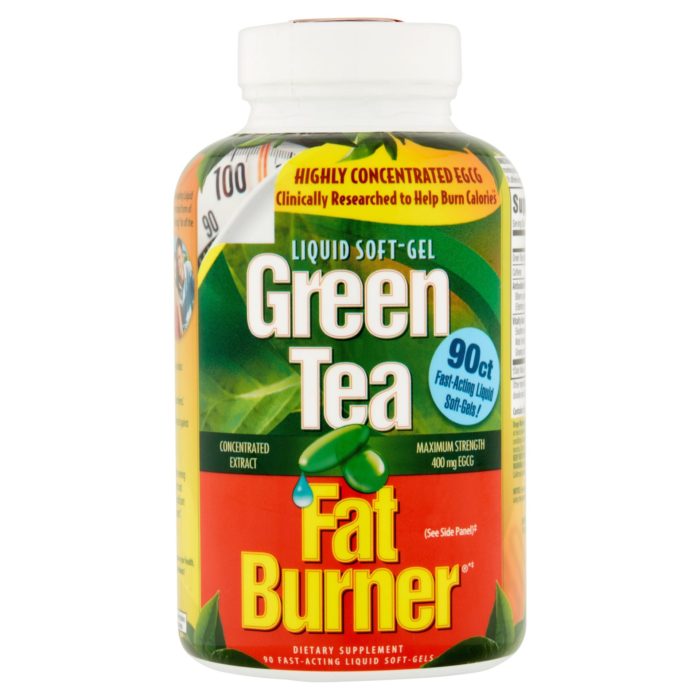Feb 20 2020
Herbals Don’t Work for Weight Loss
 One of the frustrating things I encounter as a practicing physician is listening to patients describe how they are motivated to improve their health, and then list all the things they are doing, none of which will improve their health. I am eating organic, taking probiotics, taking supplements, and “eating clean.” They may go into detail about their “paleo” diet, some specific megavitamin or superfood, or list the herbal supplements they think will supercharge some aspect of their health.
One of the frustrating things I encounter as a practicing physician is listening to patients describe how they are motivated to improve their health, and then list all the things they are doing, none of which will improve their health. I am eating organic, taking probiotics, taking supplements, and “eating clean.” They may go into detail about their “paleo” diet, some specific megavitamin or superfood, or list the herbal supplements they think will supercharge some aspect of their health.
This is not their fault. They are motivated and taking action and responsibility for their health, but they have been failed by society. The regulatory infrastructure in place to protect the public from false or misleading health claims, from outright fraud, charlatans and snake oil peddlers has clearly failed. Further, the public largely assumed they are protected from fraud, when clearly they are not. People must protect themselves with information, often having to find on their own the glimmers of reliable information hiding in a sea of misinformation and slick marketing. So let me add one bit of helpful information – herbal supplements, according to a recent systematic review, do not work for weight loss.
To be more technically precise – there is currently insufficient evidence to conclude that any herbal product reviewed is effective for weight loss. Historically the most common reason for insufficient evidence of efficacy for a treatment that has been studied is that it simply does not work, or has only a clinically insignificant effect (which is functionally the same thing). You can hold out for larger and better studies to show a statistically and clinically significant effect, but don’t hold your breath, and in the meantime the most reasonable approach is to consider such treatments as ineffective until proven otherwise.
The authors reviewed and did meta-analysis on 54 placebo controlled trials. The herbs tested fell into one of several categories. Some straight up did not work. Others has small effects considered not clinically significant. Still others has few studies of poor methodological design, but also with clinically insignificant effects. No single treatment was shown to have both statistically and clinically significant effects in well-designed trials.
This is also where plausibility is extremely helpful. For highly plausible treatments, where it would be surprising if they didn’t work based on what we already know, you can make a case for a likely excess of benefit to risk. However, the lower the prior probability the greater the chance that risk outweighs the potential for benefit, or that, at best, the treatments are just useless. What is the plausibility of the various herbal weight loss products? Generally very low. Herbal products in general have low dosages, which may make them relatively safe but at the cost of low potential for benefit. They also may have low bioavailability, and are poorly regulated in terms of ingredients and consistency.
If we further look at the top-selling herbal products on the market, large well-designed studies have generally found that none of them work as advertised. Ginkgo does not work for memory or stave off dementia. Echinacea does not work for the cold or flu. Saw Palmetto does not work for prostate health. Black Cohosh does not work for hot flashes. St. John’s Wort for depression is a bit more complicated – there is some evidence of mild efficacy, but inconsistent results across cultures (German-speaking countries, with a long history of traditional use, seem to find positive effects), but the effects are small. Further, the herbal contains known antidepressant drugs, but older ones with a host of dangerous drug-drug interactions. For this reason it is not generally recommended by professionals.
If we combine low prior probability with insufficient evidence of efficacy, that adds up to – this probably doesn’t work, so don’t waste your time and money. I think this state of affairs should also add up to – you are not allowed to claim or imply on your label or in your advertising that this product is effective for weight loss. That seems like a fair and prudent policy, but that is not the regulation we have. Herbal medicine are marketed not as the drugs they are, but as supplements, which means they can imply health claims without the burden of evidence, and even in the face of contradictory evidence. The FTC may go after individual companies for misleading advertising, but they are playing a losing game of whack-a-mole.
The FDA is out of it, unless they can prove that harm has already occurred, or the product is adulterated with actual regulated drugs. But even then, the FDA sends a sternly worded letter, which is ignored half the time. This is all by design, a gift to the supplement industry at the expense of protecting the public from snake oil. The supplement industry is pretty close to the wild west of “let the buyer beware.” So beware.






